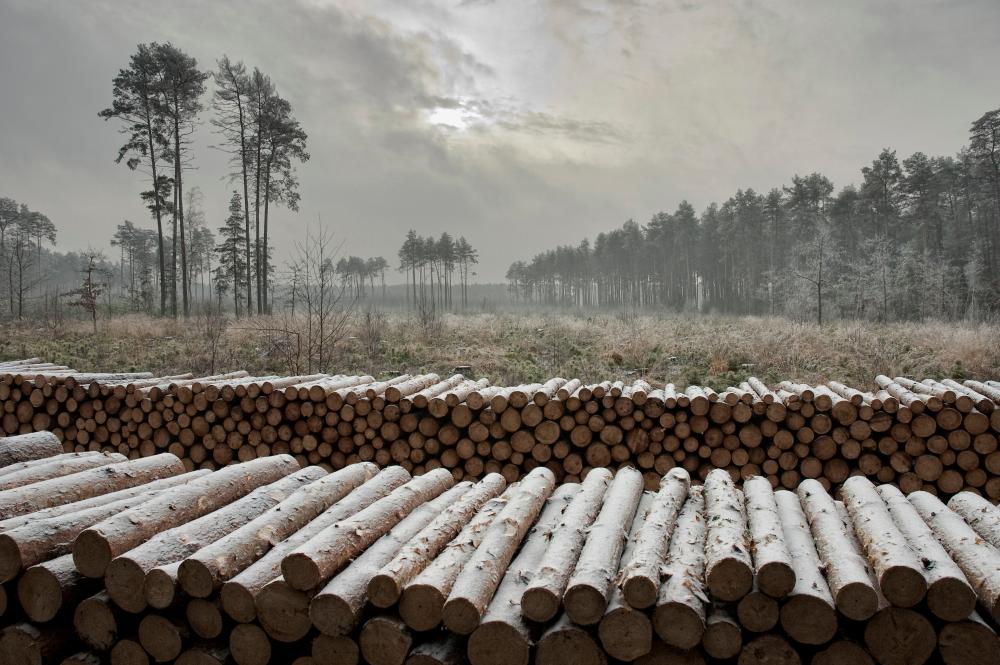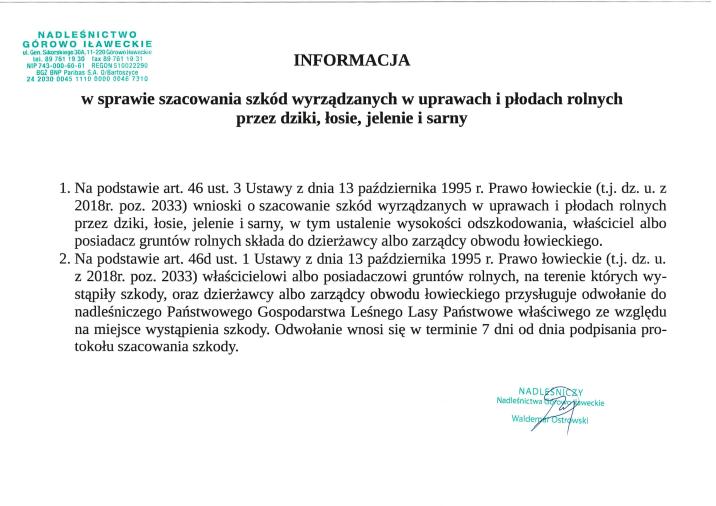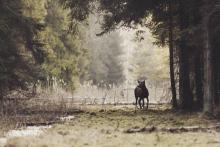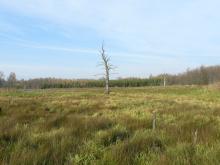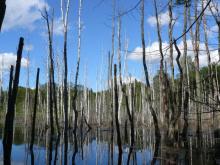 Asset Publisher
Asset Publisher
Sale conditions
Sale conditions of wood are specified by the regulation of Director – General of the Sate Forests.
Within the framework of the individual sale , the foresters try to meet the fast growing demand, because more and more people use wood in order to heat their houses. Contrary to general opinion, these are not only village people, even though they prevail among recipients. The growth of firewood demand is the result of occurrence of new housing estates built in the suburbs of large agglomerations, where houses are usually equipped in fireplace heating installations.
Firewood is not only the most ecological heat source, but also is much more attractive in respect of relation of price and electric efficiency, rather than cola, oil, gas or electric power.
In recent years, the Sate Forests increased the sale of firewood of one third – up to over 4 million cubic meters annually. Firewood is not only the most ecological heat source, but also is much more attractive in respect of relation of price and electric efficiency, rather than cola, oil, gas or electric power. Some of customers choose already prepared and cut into pieces wood, the others very willingly obtain it by themselves after arranging all details and fulfilling particular safety conditions, and after paying the fee; that concerns mainly so called "thinnings". Such a raw material is very cheap, that is why many people from village areas profit from such possibility.
 Asset Publisher
Asset Publisher
Informacja w sprawie szacowania szkód wyrządzanych w uprawach i płodach rolnych przez dziki, łosie, jelenie i sarny
Informacja w sprawie szacowania szkód wyrządzanych w uprawach i płodach rolnych przez dziki, łosie, jelenie i sarny
1. Na podstawie art. 46 ust. 3 Ustawy z dnia 13 października 1995 r. Prawo łowieckie (t.j. dz. u. z 2018r. poz. 2033) wnioski o szacowanie szkód wyrządzanych w uprawach i płodach rolnych przez dziki, łosie, jelenie i sarny, w tym ustalenie wysokości odszkodowania, właściciel albo posiadacz gruntów rolnych składa do dzierżawcy albo zarządcy obwodu łowieckiego.
2. Na podstawie art. 46d ust. 1 Ustawy z dnia 13 października 1995 r. Prawo łowieckie (t.j. dz. u. z 2018r. poz. 2033) właścicielowi albo posiadaczowi gruntów rolnych, na terenie których wystąpiły szkody, oraz dzierżawcy albo zarządcy obwodu łowieckiego przysługuje odwołanie do nadleśniczego Państwowego Gospodarstwa Leśnego Lasy Państwowe właściwego ze względu na miejsce wystąpienia szkody. Odwołanie wnosi się w terminie 7 dni od dnia podpisania protokołu szacowania szkody.
Informacje na temat szkoleń i materiały do pobrania ze strony Dyrekcji Generalnej Lasów Państwowych


